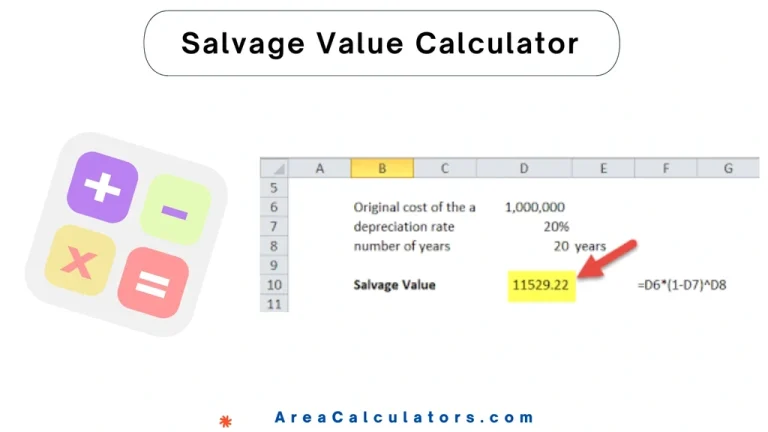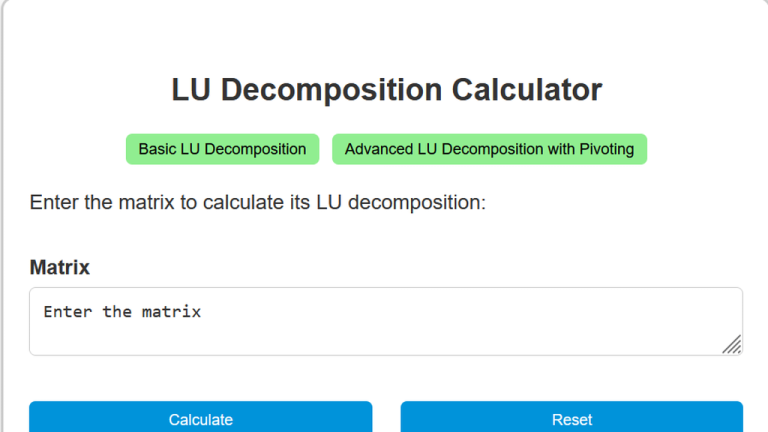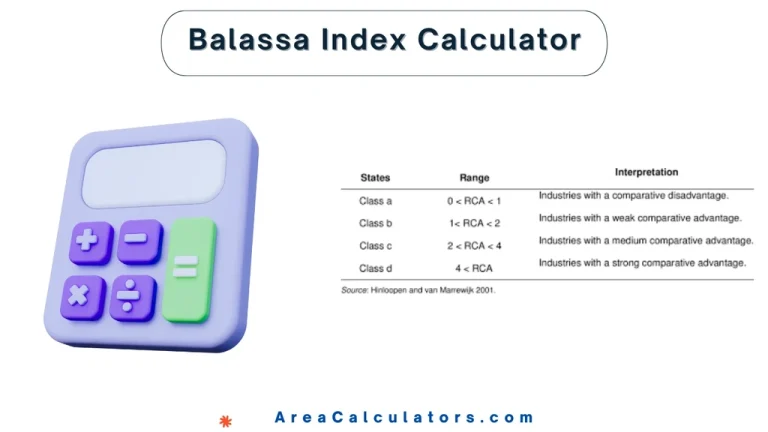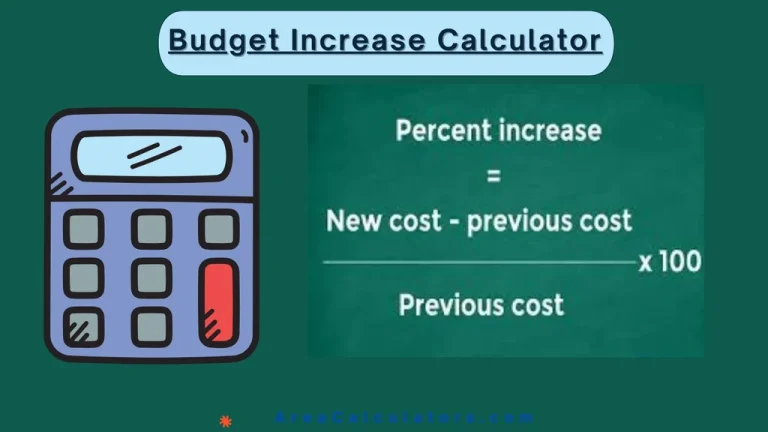Moles to Liters Calculator [Moles To Liters Converter 2025]
To find the volume in liters from moles, multiply the number of moles by 22.4, assuming conditions are at STP (Standard Temperature and Pressure).
To find the volume in liters from moles, multiply the number of moles by 22.4, assuming conditions are at STP (Standard Temperature and Pressure).
The Moles to Liters Calculator is developed to convert the amount of a substance in moles to its equivalent volume in liters under standard conditions.
This calculation is particularly useful in chemistry for understanding gas behaviors, determining reaction volumes, and interpreting stoichiometric relationships in reactions.
Using this tool, you can transition smoothly from molar quantities to volume, which is especially beneficial when preparing chemical solutions or conducting laboratory experiments.
| Variable | Description |
|---|---|
| V | Volume in liters |
| n | Number of moles |
| 22.4 | Molar volume constant at STP (L/mol) |
Example 1:
| Step | Calculation |
|---|---|
| Moles (n) | 3 moles |
| Volume Calculation | |
| Result | 67.2 liters |
Answer: 3 moles of gas occupy 67.2 liters at STP.
Example 2:
| Step | Calculation |
|---|---|
| Moles (n) | 5 moles |
| Volume Calculation | |
| Result | 112 liters |
Answer: 5 moles of gas occupy 112 liters at STP.
The Moles to Liters Calculator is a powerful value converting tool. It provides a straightforward solution for converting moles to liters. This is mainly useful in chemical equations where gas volume relationships are crucial. In many cases, such as calculations at standard temperature and pressure (STP), one mole of an ideal gas occupies approximately 22.4 liters.
This calculator aids in quickly finding the volume of gas or determining moles when volume is known, making it a valuable tool in both laboratory and academic settings.
To use this tool, enter the known quantity of moles or liters along with any conditions like temperature or pressure if they differ from STP.
The calculator then offers the volume or mole equivalent, facilitating your understanding of substance relationships in chemistry. Whether you’re studying reactions or need to measure gas quantities in liters, this tool simplifies your calculations.
In the very end, the Moles to Liters Calculator is an efficient and versatile tool for conversions in chemistry, ensuring precise results when dealing with gas volumes and moles in chemical reactions.

To calculate salvage value, subtract the total depreciation from the original purchase price. Multiply the depreciation rate by the asset’s age and original price to find the overall depreciation amount. A Salvage Value Calculator is reasonably useful for finding out the remaining worth of an asset at the end of its useful life. Salvage value,…

To perform LU decomposition, express a matrix AA as the product of a lower triangular matrix LL and an upper triangular matrix UU. The LU Decomposition Calculator simplifies the process of decomposing a matrix into its lower (LL) and upper (UU) triangular components. This method is widely used in solving linear equations, matrix inversion, and…
To calculate the conversion from grains to cubic centimeters (CC), multiply the grains (gr) by the Volume Measurement Density (VMD). The Grain to CC Calculator is an indispensable tool for reloaders, chemists, and anyone working with precise material measurements. It ensures accurate conversion of grains to cubic centimeters, essential for calculating gunpowder, reloading ammunition, or…

10 / 100 SEO Score To calculate the Balassa Index, divide the share of a country’s exports of a product by its total exports and then divide that by the share of world exports of that product relative to total global exports. The Balassa Index (BI), also known as the Revealed Comparative Advantage (RCA) index,…

10 / 100 SEO Score To calculate the new budget, multiply the current budget by one plus the percentage increase (as a decimal). This will give you the updated budget after the increase. The Budget Increase Calculator helps calculate the new budget after applying a percentage increase. This is useful for planning salary increases, adjusting…

9 / 100 SEO Score To convert centimeters to pixels, multiply the length in centimeters (CM) by the dots per inch (DPI), and then divide the result by 2.54. This will give you the number of pixels corresponding to the given length in centimeters. The Cm to Pixel Calculator is quite helpful for converting dimensions…